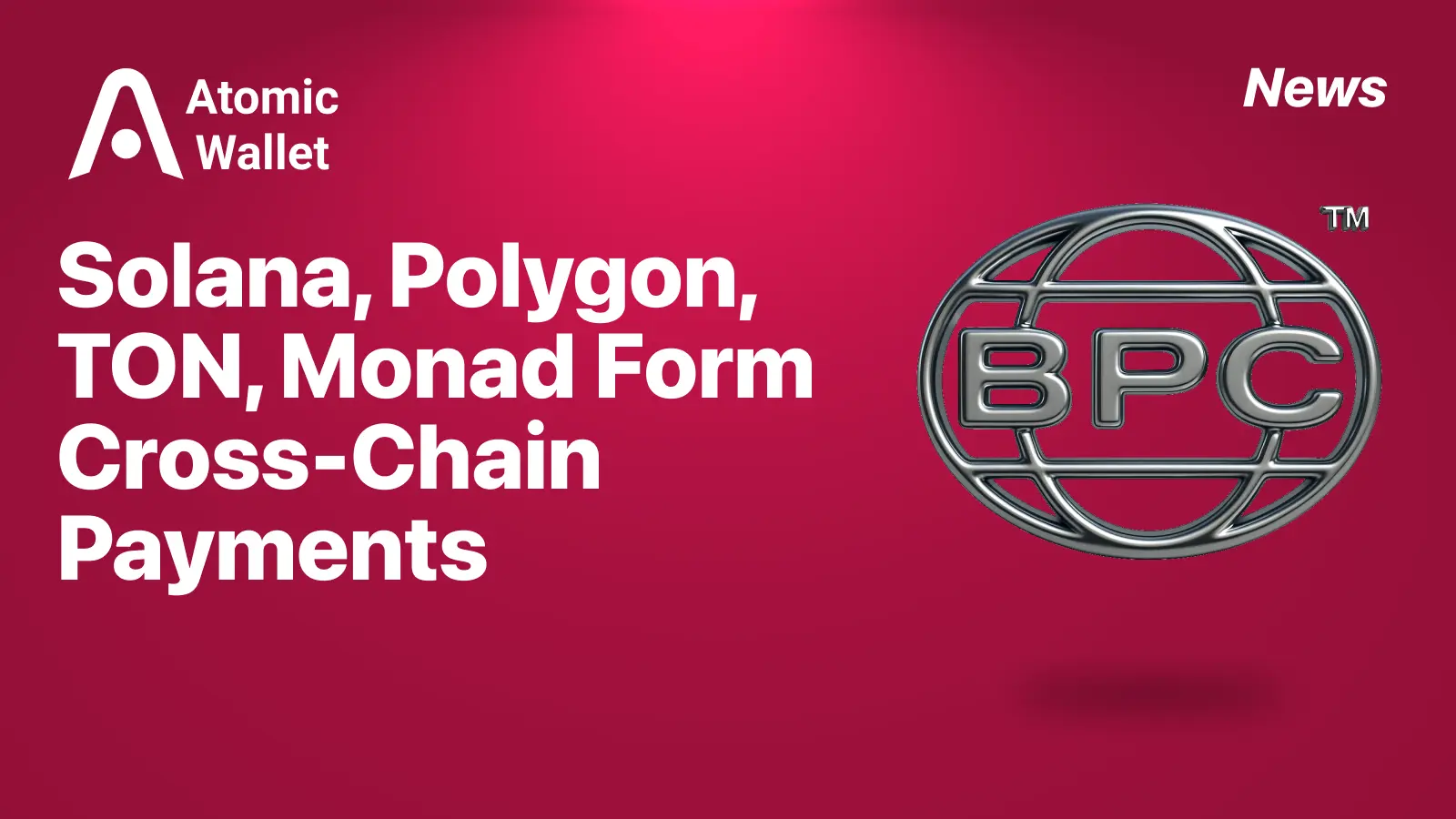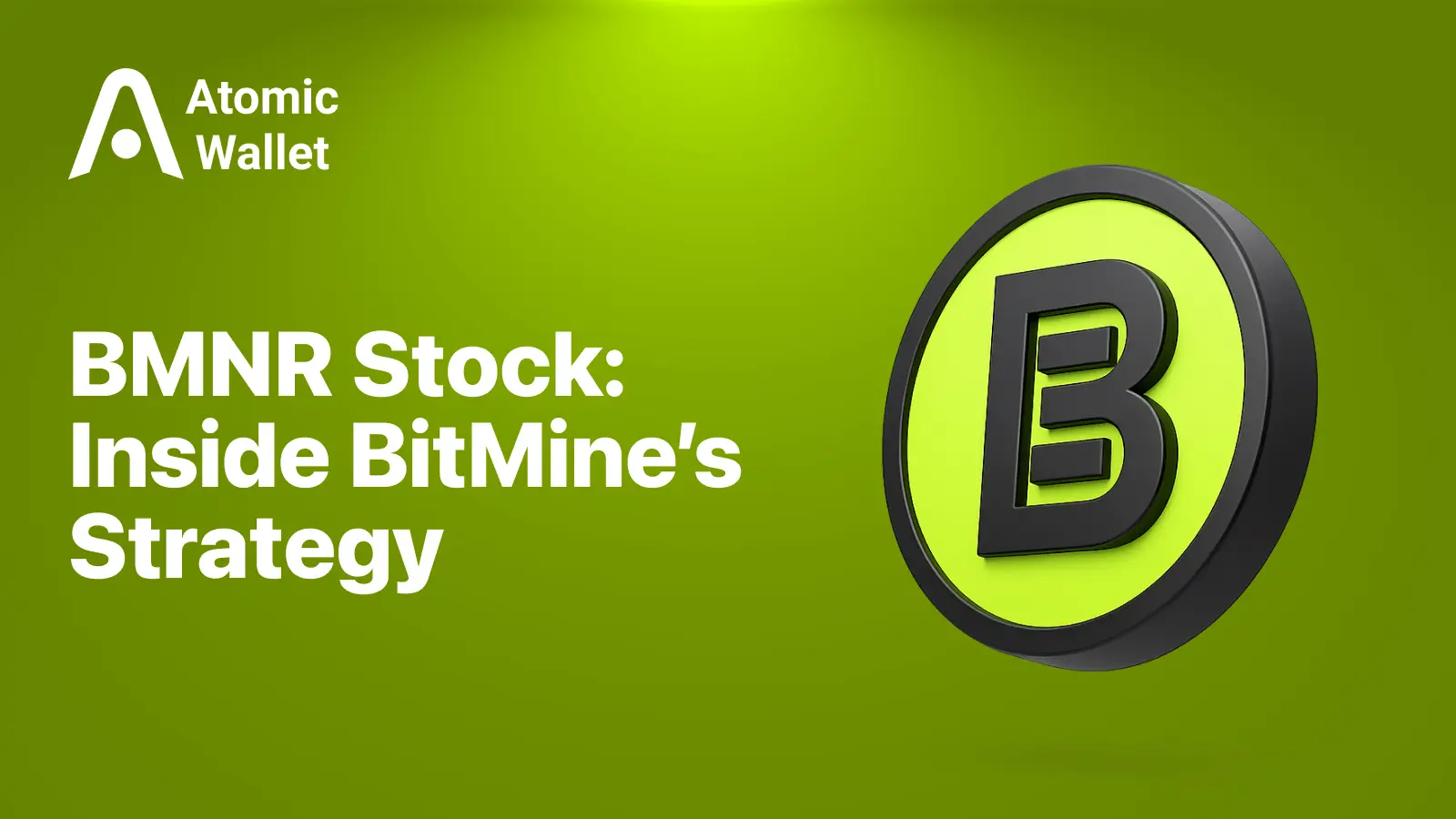Assets

Exchange

Buy Crypto




As a team that spends its days analyzing the crypto world, we see a lot of noise. But every now and then, a development cuts through it all-something that makes us collectively pause and recognize that a major shift is happening.
Some of the heaviest hitters in the blockchain world-we’re talking Monad, Solana, Polygon, the TON Foundation, Fireblocks, and more-have joined forces. They’ve formed something called the Blockchain Payments Consortium, or BPC. Their goal is simple to state but incredibly ambitious to achieve: to create a universal standard for moving money across different blockchains.
When we saw the announcement, our team’s chat lit up. For years, we’ve seen blockchains operate like isolated islands. Getting assets from one to another often involves clunky, sometimes risky, bridges. It’s a major headache for users and a huge barrier to crypto becoming a real, global payment system. This new alliance is the first serious, collaborative effort to finally build the bridges between these islands. And we think it’s going to change everything.
DYOR: Do Your Own Research. This information is for informational purposes only — Atomic Wallet does not provide financial advice; always verify facts independently.
So, what is this consortium actually doing? In short, they’re creating a common language for payments.
Think of it like the early days of the internet. You had different networks that couldn’t easily talk to each other. Then, a set of standards (called TCP/IP) came along and united them, creating the single, global internet we use today. The BPC is aiming to do the same for blockchain payments, with a special focus on stablecoins.
The founding members are a who’s who of the industry: The Solana Foundation, Polygon Labs, the TON Foundation, Fireblocks, Mysten Labs, the Stellar Development Foundation, and the Monad Foundation. This isn’t a small side project. It’s a collection of fierce competitors and innovators putting their heads together to solve a shared problem. They want to make sending a stablecoin from, say, Solana to a network connected with Polygon as easy as a traditional bank transfer. No more confusion about different asset versions, no more complex steps. Just a seamless, unified experience.
This move isn’t happening in a vacuum. The timing is critical. A joint statement from the consortium highlighted a jaw-dropping statistic: on-chain payment volume hit nearly $20 trillion in 2024.
Let that sink in.
When our team saw that number, it confirmed what we’ve been seeing on the ground for a while. Crypto payments have officially outgrown their niche. That volume surpasses the combined transactions of giants like Visa and Mastercard. This isn’t just about trading or DeFi anymore; it’s about real economic activity happening on-chain.
But with that massive growth comes a massive problem-fragmentation. Each blockchain has its own unique tech, its own rules, and its own compliance standards. This creates friction. For the ecosystem to mature, that friction has to be smoothed out. The BPC is stepping in to be that smoothing agent, providing the framework needed to support the next wave of adoption.
Okay, so a bunch of big names are working together. But what does it actually mean for the market, for developers, and for you? Here’s our team’s take on the real-world implications.
First, this signals a huge shift in the industry’s mindset from competition to collaboration. We’re not just seeing it with the BPC. We’re seeing this pattern emerge everywhere. Coinbase and Citi are working together on new ways for institutions to use stablecoins. Even the traditional financial system is getting involved, with players like Swift exploring how to integrate with blockchain technology. The message is clear: the future is interoperable.
For you, the user, the benefit is direct and powerful. The establishment of common standards will dramatically simplify cross-chain transactions. Imagine a world where you don’t have to think twice about moving your assets between Solana, Polygon, TON, or any other participating network. It’s like finally being able to use your debit card in any country without worrying about outrageous fees or whether it will even be accepted. It just works. This is a monumental step toward making crypto accessible and user-friendly for everyone, not just experts.
Finally, this initiative is powered by growing regulatory certainty. For years, the lack of clear rules, especially around stablecoins, made large institutions hesitant to build. Now, with governments around the world starting to establish clear legal frameworks, that confidence is growing. We see this regulatory progress as the bedrock that makes ambitious, large-scale projects like the BPC possible. It gives these organizations the green light to invest heavily in building the trusted, scalable infrastructure needed for mainstream use.
Of course, a project this ambitious won’t be without its challenges. Getting a room full of brilliant, opinionated competitors to agree on a single set of technical standards is a huge undertaking. We’ve seen standards wars before (think Betamax vs. VHS), and technical alignment is never easy.
The road ahead will be long, and our team will be watching their progress closely. The success of the BPC will depend on its ability to create a framework that is not only technically sound but also open and adaptable enough for others to join.
But for the first time, the right players are in the room, asking the right questions. The walls between blockchain islands are finally starting to come down. This is more than just a technical update; it’s a move toward a more connected, collaborative, and useful digital economy. And we’re here for it.
As this new, connected ecosystem takes shape, managing your assets across chains becomes even more important. Atomic Wallet is your secure gateway to this cross-chain future, letting you manage your SOL, MATIC, TON, MON and other assets in one place.

Learn what’s driving BMNR stock, how BitMine’s massive ETH accumulation shapes its value, and why the company just added 14,618 ETH. Full breakdown of price drivers, risks, and outlook.